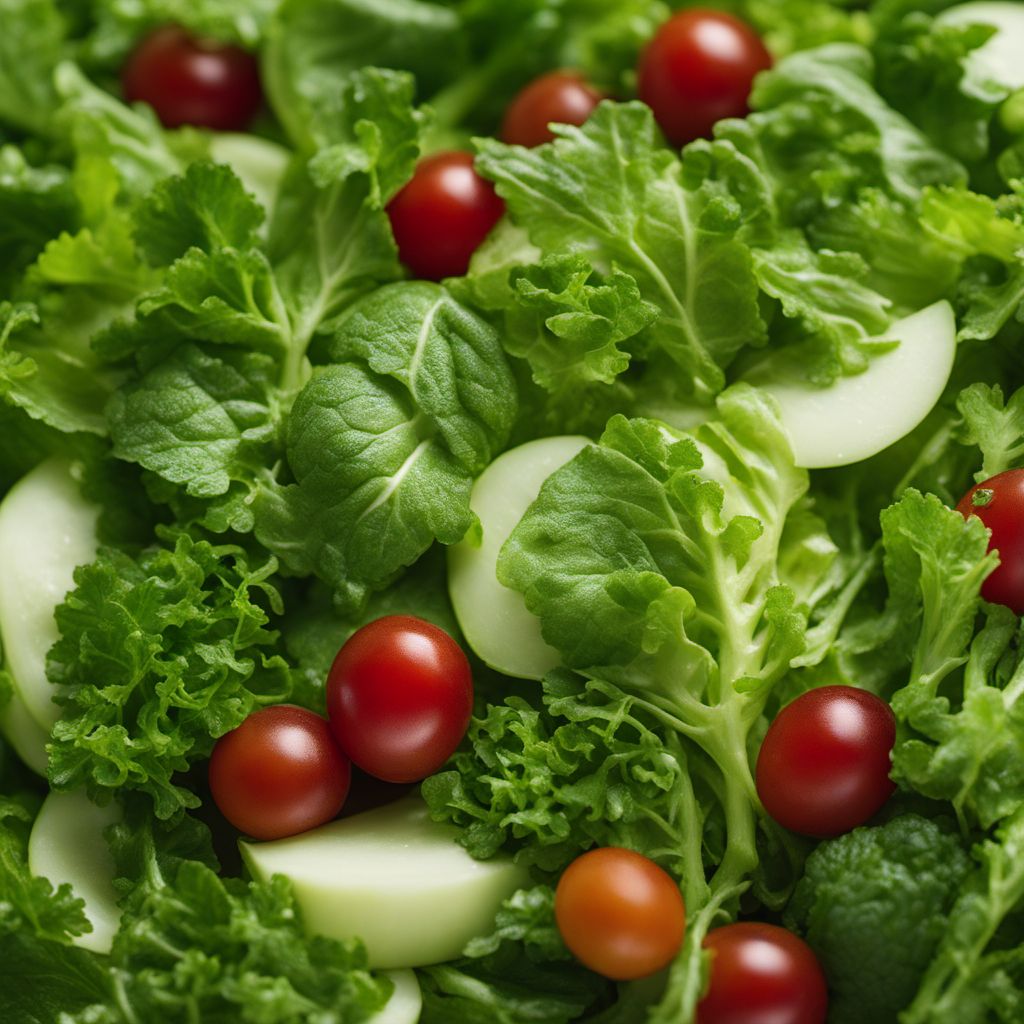
Ingredient
Mixed green salad
A Symphony of Freshness
Mixed green salad typically consists of a combination of lettuce varieties, such as romaine, butterhead, and leaf lettuce, along with other leafy greens like spinach, arugula, and watercress. It boasts a range of textures, from crisp and crunchy to tender and delicate, and offers a mild, slightly bitter flavor that pairs well with a variety of dressings and toppings.
Origins and history
The concept of mixed green salads can be traced back to ancient civilizations, where people would forage for edible greens and herbs to create simple, nourishing dishes. Over time, the cultivation of lettuce and other leafy greens became more widespread, leading to the popularity of mixed green salads in various cuisines around the world.
Nutritional information
Mixed green salad is low in calories and high in essential nutrients like vitamins A, C, and K, as well as folate and fiber. It also provides a good amount of antioxidants, which help protect the body against oxidative stress.
Allergens
None known.
How to select
When selecting mixed green salad, look for vibrant, crisp leaves that are free from wilting, browning, or signs of decay. Avoid any leaves that appear slimy or have a strong, unpleasant odor. Opt for organic or locally grown greens whenever possible to support sustainable farming practices and ensure freshness.
Storage recommendations
To maintain the freshness of mixed green salad, store it in the refrigerator in a perforated plastic bag or airtight container lined with paper towels. This helps absorb excess moisture and prevents the leaves from wilting. Use within a few days for the best flavor and texture.
How to produce
Mixed green salad can be easily grown in a home garden or even in containers on a balcony or windowsill. It requires well-drained soil, regular watering, and partial sunlight. Harvest the leaves when they reach the desired size, and remember to wash them thoroughly before consuming.
Preparation tips
Mixed green salad can be enjoyed raw in salads, sandwiches, wraps, or as a bed for various toppings like grilled chicken, shrimp, or roasted vegetables. It can also be lightly sautéed or wilted for a warm salad. Experiment with different dressings, herbs, and toppings to create your own unique combinations.
Substitutions
Arugula, spinach, kale, watercress
Culinary uses
Mixed green salad is a versatile ingredient that can be used as a base for various salads, sandwiches, wraps, and side dishes. It adds freshness, color, and texture to any meal and can be customized with a wide range of dressings, toppings, and mix-ins.
Availability
Commonly available in supermarkets, grocery stores, and farmers markets worldwide.
More ingredients from this category

Prepared pasta salad
The Versatile Medley
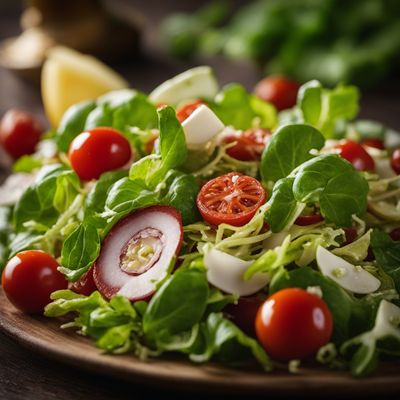
Ceasar salad
The Classic Caesar Salad: A Timeless Delight

Fruit salad
Bursting with Freshness: The Delightful World of Fruit Salad

Prepared mixed egg/meat/fish/vegetable salad
Savory Medley: A Delectable Combination of Eggs, Meat, Fish, and Vegetables

Greek salad
The Fresh and Vibrant Greek Delight
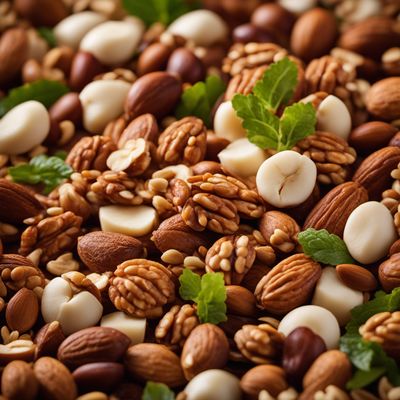
Prepared nut salad
"Crunchy Delight: Exploring the World of Prepared Nut Salad"
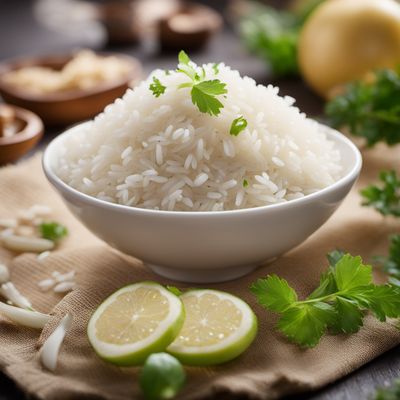
Prepared rice salad
The Wholesome Grain Medley
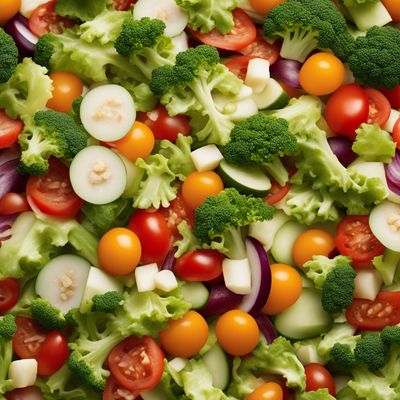
Mixed vegetable salad
Vibrant Medley: Exploring the Colors and Flavors of a Mixed Vegetable Salad
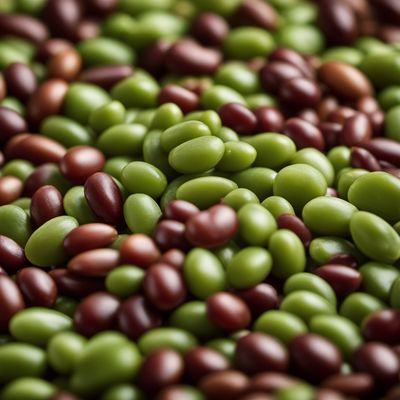
Prepared legume (beans) salad
"Bean Medley Delight: A Vibrant and Nutritious Prepared Legume Salad"

Mushroom salad
Savory Delight: Exploring the World of Mushroom Salad

Prepared meat salad
Savory Delights: Exploring the World of Prepared Meat Salad